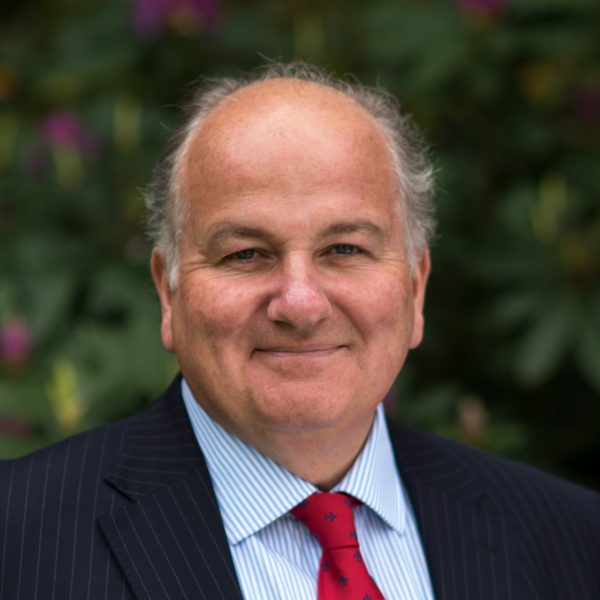Menu
Newsletter
Sign up to our newsletter
Email David Kirk direct by clicking on his name.
Bankruptcy is a big step, but our advisors are here to listen and help you understand the options available to you, so that you can make the best decision about your financial future.
Bankruptcy is a form of insolvency whereby most of a person’s debts are written off. It’s a good option for people who are in severe financial difficulties, who don’t have the present (or future) means to pay off those debts in a reasonable amount of time.
Being bankrupt isn’t a permanent status, it usually lasts about a year, but it comes with restrictions. When you opt for bankruptcy, almost all your unsecured debts are written off and it can ensure that creditors can’t hassle or act against you. However, bankruptcy can affect your ability to obtain credit for a long time, so this should be weighed against the need to clear debts and make a fresh start.
Let’s have brief look at life under the restrain of bankruptcy:
Your assets may be sold to pay creditors
If you’re a homeowner, you may be forced to sell your property (depending on the level of equity available).
You may be forced to pay some of your income to creditors.
You won’t be able to get credit of more than £500 without telling the lender about your bankruptcy status.
You’re likely to struggle to get credit for several years.
You can’t be involved in running a business without permission from a court.
Bankruptcy can make life hard for the first year, but in most cases (following a bankruptcy discharge) your debts are written off and the restrictions placed on you during your bankruptcy are usually lifted.
If your assets are worth more than your debts, or if all your regular payments are up to date and you can afford to keep paying them, bankruptcy is unlikely to be the best option for you. For example, you may find an Individual Voluntary Arrangement is a better option because it consolidates all unsecured debts into one smaller monthly payment, and you can write off unaffordable debt.
At Kirks, we provide professional, non-judgemental, friendly advice, so you can make an informed decision and take control of your financial future.

David qualified as a Chartered Accountant in 1990 and Licensed Insolvency Practitioner in 1996. David will give you clear and plain language advice about your business’s options and make a recommendation of which route he thinks will work best for you.
Sign up to our newsletter
Simply fill out the short form below and I will get back to you.

Licensed Insolvency Practitioner